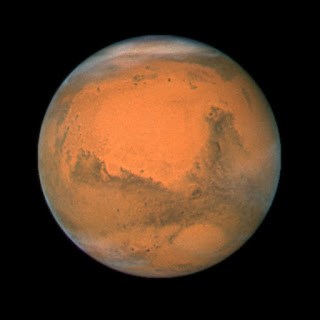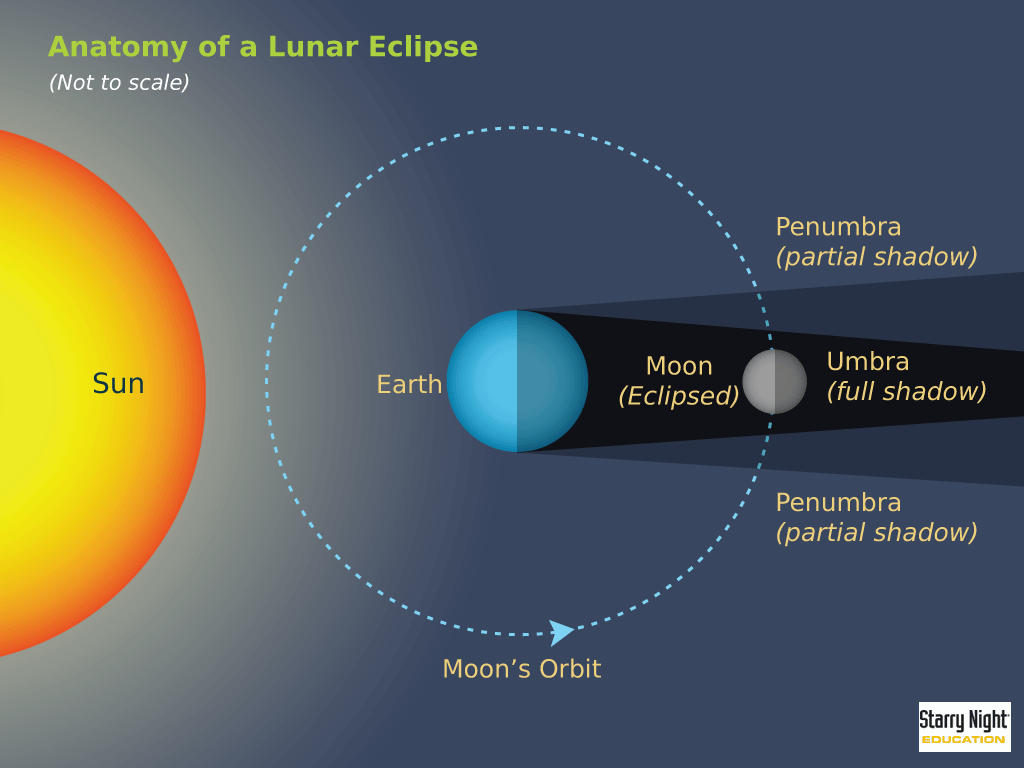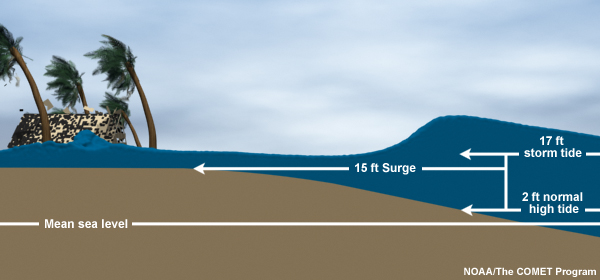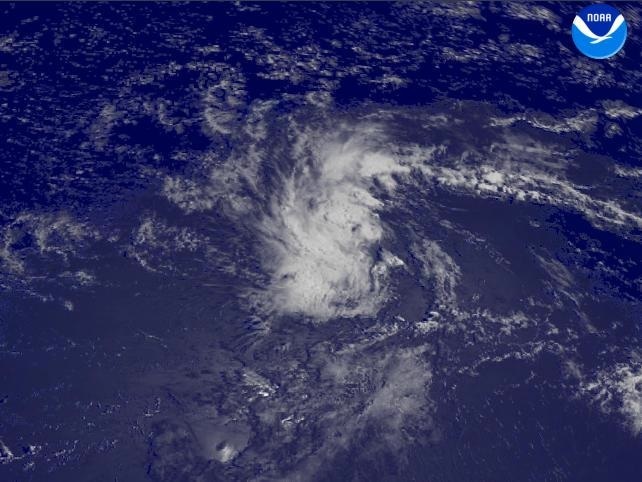Hi all,
It's that time of year again! Tonight your student will be coming home with his/her STEM fair journal and a hand out that includes your student's entry form to the Science Fair. Participation in the STEM fair is mandatory and is a material part of your child's Science grade for second quarter. You are encouraged to support your student in their effort but we need your child to assume as much of the responsibility for the project as possible. Feel free to give them advice and minor support, but let them do the work.
Our first deadline will be on September 23, 2015. At that time your child should come up with an idea/proposal for their project to present to me. That means that they need to start thinking about this now and should start talking to me about it with me sooner rather than later. Your child will be coming home tonight with a full schedule of deadlines.
Have your child read over p. 2-7. Your student will need me to review their ideas and sign-off on page 7 by 9/23. These pages will explain to you and your student what projects are reasonable and which are not. They will also give your child some general ideas that will get him/her started. I will also post links to sites, articles, and books that you might find helpful. Please look over these while your child deliberates over what to do.
Here's few to get you started
Books:
http://www.amazon.com/Great-Science-Experiments-Neil-Ardley/dp/1465428267/ref=sr_1_2?s=books&ie=UTF8&qid=1441132555&sr=1-2&keywords=science+fair
http://www.amazon.com/TIME-Science-Experiments-step-step/dp/1603208933/ref=pd_sim_14_2?ie=UTF8&refRID=0XCGEAN3NGPNJ3YWQG2Z&dpSrc=sims&dpST=_AC_UL160_SR134%2C160_
http://www.amazon.com/Simple-Science-Experiments-Everyday-Materials/dp/1579129277/ref=pd_sim_14_5?ie=UTF8&refRID=0S1F0CKT727ZGSJDE40F&dpSrc=sims&dpST=_AC_UL160_SR140%2C160_
http://www.amazon.com/Naked-Eggs-Flying-Potatoes-Unforgettable/dp/160832060X/ref=pd_sim_14_4?ie=UTF8&refRID=1KQ5FSTX3CS510T505CN&dpSrc=sims&dpST=_AC_UL320_SR304%2C320_
http://www.amazon.com/Great-Science-Experiments-Neil-Ardley/dp/1465428267/ref=pd_sim_14_4?ie=UTF8&refRID=1W1SNYA621HRBTEG0FJ9&dpSrc=sims&dpST=_AC_UL320_SR250%2C320_
Websites:
http://school.discoveryeducation.com/sciencefaircentral/Parent-Resources.html
http://www.pbs.org/parents/experts/archive/2012/04/how-to-help-children-with-scie.html
Videos:
It's very silly, but it covers the ground in a way that kids might enjoy.
https://www.youtube.com/watch?v=7e5XU0HKFLA
Be sure visit Google and Youtube for more useful information.
We will probably have a Science Fair night in the near future. During that event we will answer your questions and give you helpful advice and pointers so you can help your student be successful in the STEM Fair.
Keep an eye here for future up-dates!
Mr. Case











































